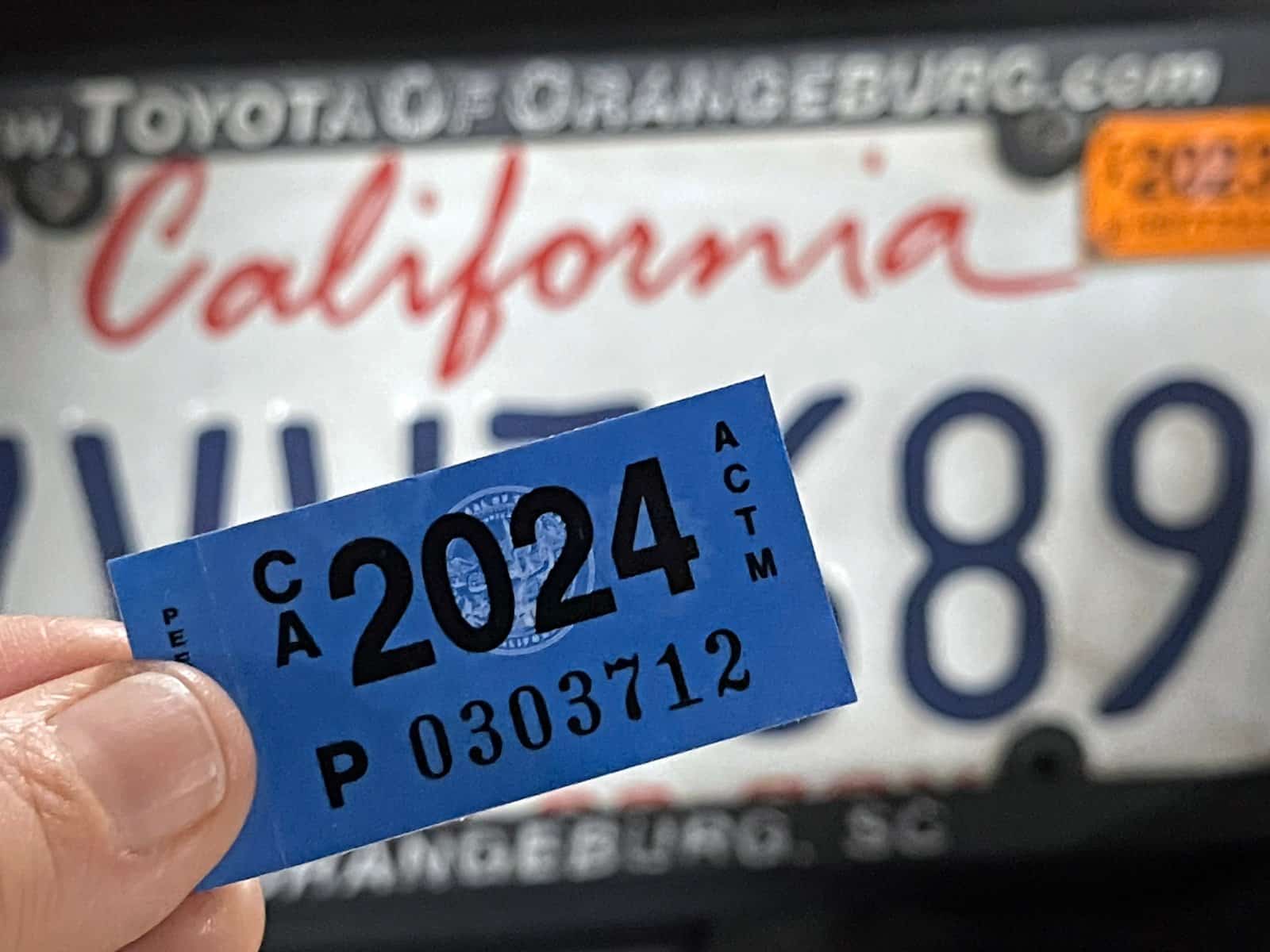Phone bills can be a minefield of hidden charges and fees that sneak up on you. Here’s a rundown of some of the most common hidden charges from major carriers like Verizon, AT&T, T-Mobile, and others, and how they can affect you based on your region or state.
1. Activation Fees

Many carriers, like Verizon and AT&T, charge activation fees for new lines. These can be around $30 to $40 per line and are often not advertised upfront.
2. Regulatory Recovery Fees

This is a common fee that varies by state and is used to cover the costs of complying with government regulations. Expect to see this fee on bills from companies like AT&T and T-Mobile.
3. Administrative Fees

Administrative fees are typically around $1 to $3 per line and are used to cover the carrier’s operational costs. Verizon and AT&T are known for including these in their bills.
4. Device Upgrade Fees

When you upgrade your phone, carriers like Verizon charge an upgrade fee of about $30 to $40, which is often overlooked until you see it on your bill.
5. Early Termination Fees

If you cancel your contract early, you could be hit with hefty termination fees. For example, AT&T charges up to $325 minus $10 for each month completed in your contract.
6. Data Overage Charges

Exceeding your data limit can lead to significant overage charges. AT&T and Verizon can charge $15 per extra gigabyte used.
7. International Roaming Charges

Using your phone abroad without an international plan can result in exorbitant charges. Carriers like T-Mobile offer plans to mitigate this, but the costs can still add up.
8. Insurance Fees

Phone insurance can add $10 to $15 per month to your bill. While this might be useful, it’s a charge that many forget about after signing up.
9. Paper Billing Fees

Some companies, such as AT&T, charge $1 to $2 extra per month if you prefer to receive a paper bill instead of an electronic one.
10. 911 Fees

These fees vary by state and are used to support local emergency services. For example, in New York, the 911 fee is about $1.20 per line, which adds up quickly for family plans.
11. State and Local Taxes

State and local taxes can significantly increase your bill. These vary widely; for instance, residents of Chicago face some of the highest telecom taxes in the country, adding around 12% to their bills.
12. Service Charges

These fees cover various carrier-specific costs and can be a few dollars per month. Verizon, for example, includes these charges to cover the costs of maintaining its network.
13. Line Access Fees

Carriers like AT&T charge around $20 to $40 per month per line just for accessing their network, often surprising customers with multiple lines.
14. Network Maintenance Fees

Some carriers add a small fee for network maintenance and improvements. While it might be only a couple of dollars, it’s an extra cost many people aren’t aware of.
15. SIM Card Fees

When activating a new line or switching phones, some carriers charge for a new SIM card, which can be $10 to $20. T-Mobile is known for these charges.
16. Promotional Plan Expiry

Promotional plans often have an expiry date, after which your rate can increase. This can be a shock if you’re not aware that your promotional discount has ended.
17. Device Leasing Charges

Leasing a device can add $20 to $40 per month to your bill. This charge is common with T-Mobile’s JUMP! On Demand program.
18. Number Porting Fees

Switching your number to a new carrier might incur a porting fee, which can be up to $10, depending on the carrier.
19. International Text Messaging Fees

Sending texts to international numbers can be costly, with some carriers charging $0.25 or more per message.
20. Extra Cloud Storage

Carriers like Verizon offer additional cloud storage for an extra fee, usually around $5 to $10 per month. This charge can sneak into your bill if you’re not careful about managing your storage options.
Stay Vigilant and Save

Phone bills can be filled with hidden charges that add up quickly. By understanding and scrutinizing these fees, you can take steps to avoid unnecessary costs and save money each month. Always review your bill in detail and question any charges that seem unclear or unexpected.
23 Steep Taxes Adding to California Residents’ Burden

California: a place of sunshine, innovation, and, unfortunately, some of the nation’s highest taxes. From LA’s beaches to Silicon Valley’s tech hubs, residents grapple with a maze of state taxes. Here’s a glance at 23 taxes that might surprise both Californians and outsiders. 23 Steep Taxes Adding to California Residents’ Burden
Cash in on Nostalgia: 21 Toys Now Worth a Fortune

Time to dust off the boxes and find that once-cherished toy from your childhood. For collectors and enthusiasts, these items have become valued objects, and they can be worth big bucks – are there any of these in your attic? Cash in on Nostalgia: 21 Toys Now Worth a Fortune
Millennials Don’t Buy These 19 Products Anymore

Millennials are changing consumer habits, quietly replacing once-staple products and traditions. Often criticized for their disruptive preferences, this generation is reshaping the marketplace with digital expertise, ethical buying, and a taste for the unconventional. Millennials Don’t Buy These 19 Products Anymore
Featured Image Credit: Shutterstock / pathdoc.
The content of this article is for informational purposes only and does not constitute or replace professional financial advice.
For transparency, this content was partly developed with AI assistance and carefully curated by an experienced editor to be informative and ensure accuracy.

